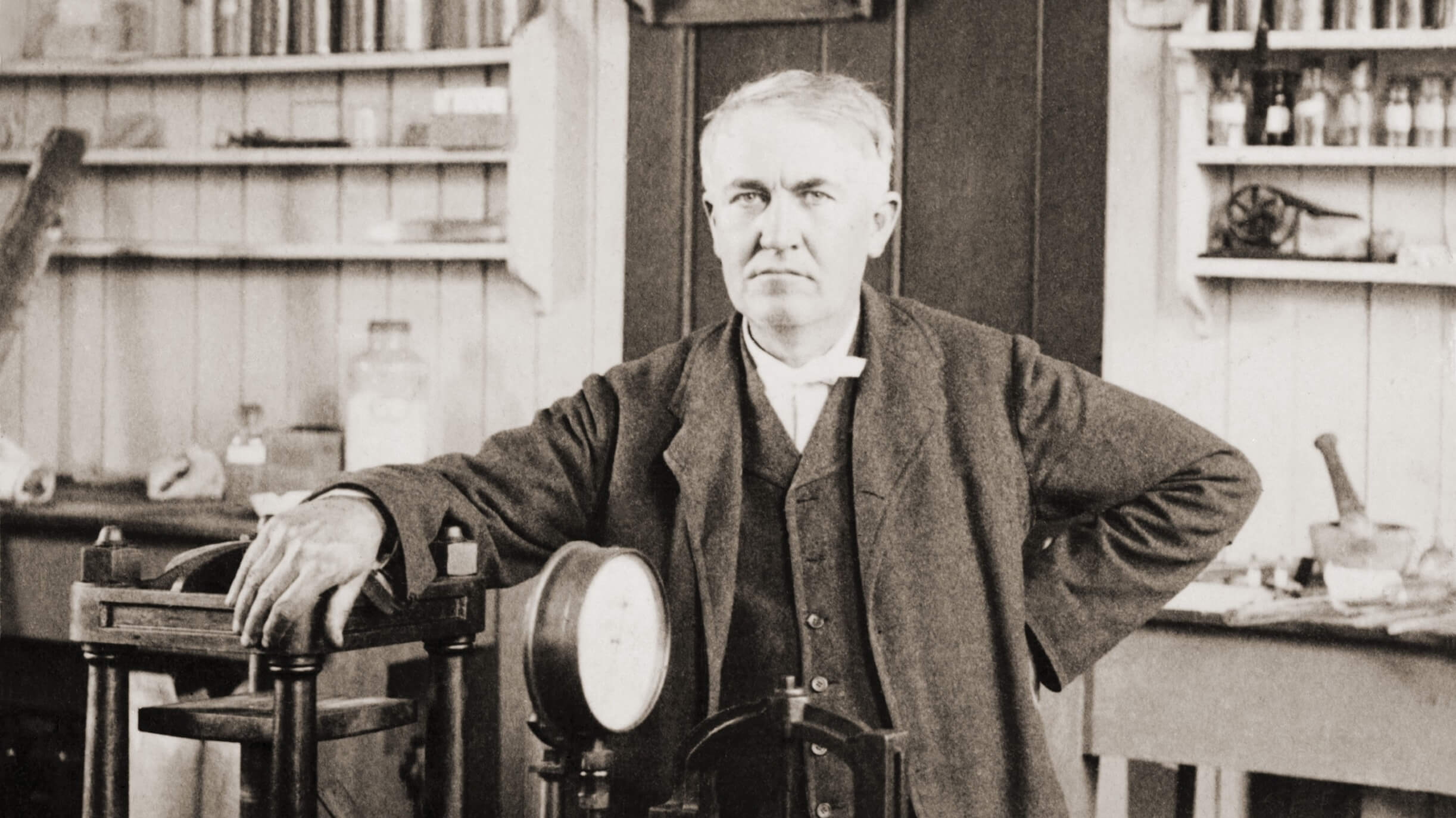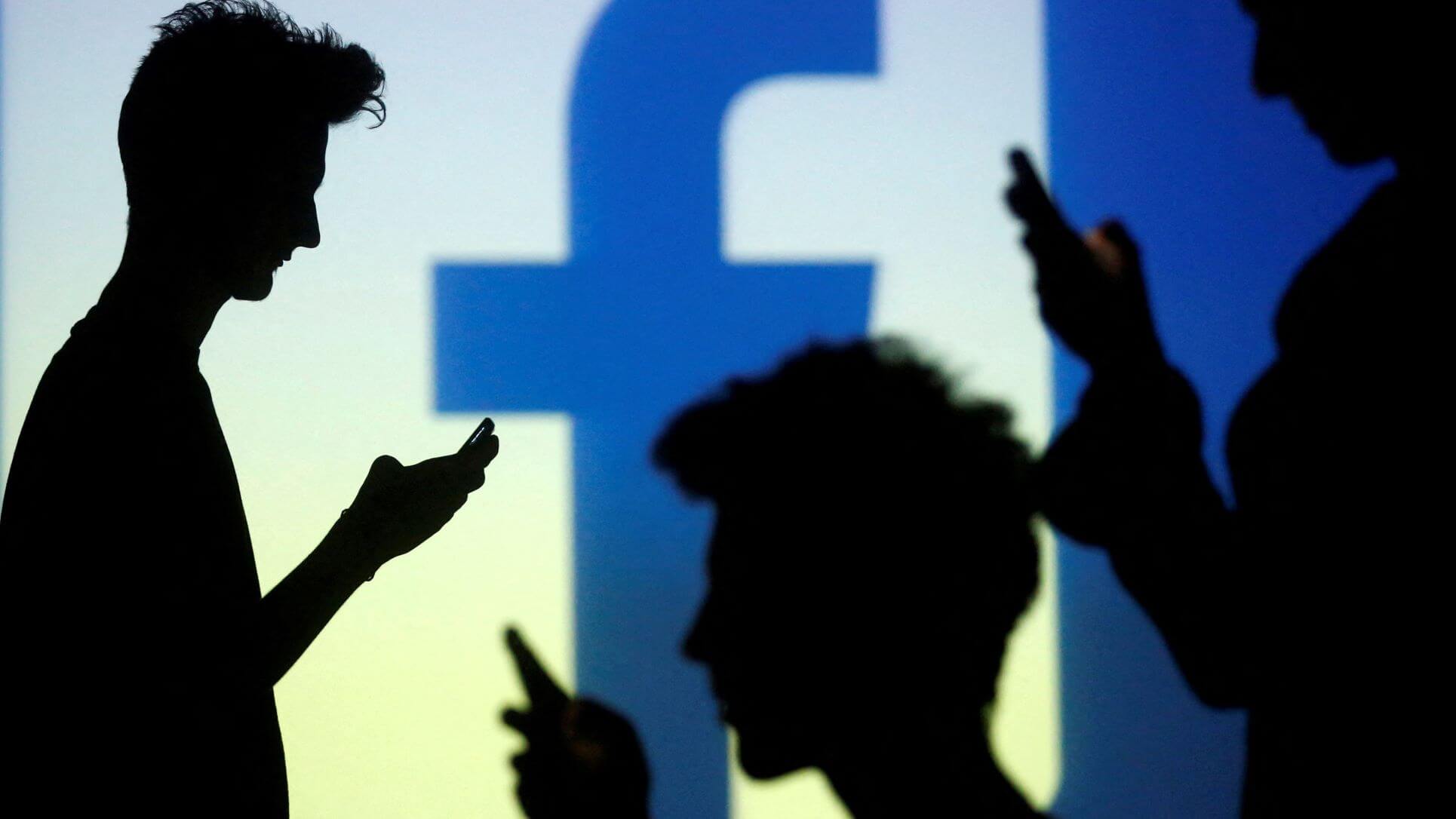The Magic Of The Market: Why A Great Startup Idea Isn’t Enough
Ideas are such things as startups are made of - but only markets create sustainable businesses.

The history of game-changing products and disruptive entrepreneurs is often told in these kinds of terms: Eureka moments and obsessive inventors driven to bring their genius to life - and to the masses - at any and all costs. We’re easily enticed by stories of singular, independent visionaries.
Myths, of course, tend to obscure much messier narratives. Firstly, no inventor gets far alone. They’re only likely to truly succeed by bringing the right collaborators together that can drive an idea forward. Secondly, having a great startup idea isn't enough - there has to be a market.
This isn’t to say that a market can be fully grasped from the outset. Thomas Edison (pictured), the poster child twentieth-century innovator and entrepreneur, often stars in just this sort of myth. But the path to market for many of his greatest inventions was far more meandering than most people think.
"Though Edison had banked on there being a market for his machine, it was the wrong one"
Not only did Edison have his fair share of failures -- from the electric pen to the automatic vote counter - but some of his most notable successes took decades of tinkering before settling on their mass-marketable forms. He was famously quoted that he hadn't failed 10,000 times, but had "successfully found 10,000 ways that will not work.”
Take the phonograph, one of history’s most important devices, without which we might not have had home stereo systems, the Sony Walkman, or the iPod. Early versions of the machine were not overly promising. The phonograph initially etched sound-waves onto strips of tinfoil but when he demonstrated the device at fairs and expos, the phonograph was a sensation.
Excited crowds would get genuinely excited at the eerie recordings Edison played and clamoured for shreds of the tinfoil to take home as souvenirs. This was a problem which was eventually remedied by switching to far more durable wax cylinders which later were changed to flat plates - the now beloved vinyl.
Though Edison had banked on there being a market for his machine, it was the wrong one. He believed phonographs were going to be the perfect tool for time-poor business owners, who could record instruction rather than attend meetings in person.
Instead, phonographs were mostly bought by and for women, and installed in homes, where they entertained guests by recording their singing. This market ended up being so significant that the phonograph's settings were quickly recalibrated for the female voice - a default standard that’s still in place now.
A great idea and the market for that idea engage in a kind of conversation or negotiation. As this process unfolds, both the product and the market influence and transform one another.
This is as true today as it was a century ago. If innovators and startups could push their inventions out into the world and have them appreciated exactly as intended, we'd all be riding Segways everywhere we go.

Segways have many practical uses, but no mass market appeal
The Segway was built for short-distance commuters and pedestrians who could reduce urban congestion by riding them to work. As it turned out, for that market, they were too big and too expensive.
Variations on this same concept have appeared over the last few years, but the market focus has shifted: Less downtown commuter, more kid racing his friends on a hoverboard. Mark Zuckerberg conceived of a far narrower market for Facebook at first.
In the beginning, he thought the appeal lay in Ivy League-style elitism and an invitation-only roster. But once the public at large got their hands on the platform, the market ballooned from “high-brow” niche to over a sixth of the world's population.
Within alternative energy and the market for renewable resources, the growing public alarm over the continued toll taken by fossil fuel extraction on the environment alludes to a consumer motivated to use alternative energy options.
But it would be a mistake to assume that this motivation means that consumers will dive into any product put in front of them, regardless of how ground-breaking its creators assume it to be.
The innovators and startups currently making moves in this space, or others that have seen a consumer willingness for change, have to ensure they’re developing and refining their ideas in conversation with a growing and passionate market and not blindly working in a vacuum assuming the market is eagerly waiting.
The conversation will inevitably take time and a certain amount of flexibility, but the transformative effects it can have on both the products and their markets will likely be well worth the effort.
Nav Dhunay is Co-founder & CEO of Imaginea.Ai.
Thanks for signing up to Minutehack alerts.
Brilliant editorials heading your way soon.
Okay, Thanks!


